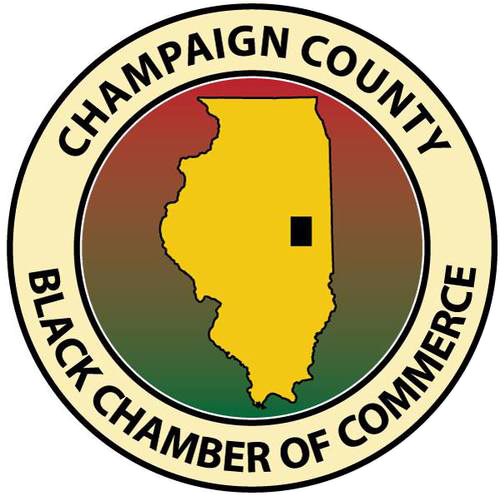Identity Theft
What is Identity Theft?
When someone illegally obtains your personal information, such as your Social Security number, credit card number, bank account number or other identification and uses it to open accounts or initiate transactions in your name, they have committed identity theft.
If this happens to you:
- Contact BankChampaign immediately at 217.351.2870. We will secure your BankChampaign accounts and help with suggestions for your other financial relationships.
- File a police report with local authorities.
- Contact the fraud departments of the three credit bureaus below. Place a fraud alert and request a copy of your credit report.
- Trans Union: 888.909.8872 or transunion.com/credit-help
- Experian: 888.397.3742 or experian.com/help
- Equifax: 800.685.1111 or equifax.com/personal/credit-report-services
- File a complaint with the Federal Trade Commission online at identitytheft.gov or by phone at 877.438.4338.
Text, email and website fraud (phishing)
Unfortunately, fraud is becoming more and more common. Phony texts or emails will direct the recipient to a fraudulent website. These texts and emails can look very convincing, however, there are several common features that often signal they are not legitimate:
- Urgent appeal. The message may threaten some consequence if you do not respond.
- Request for information. There may be a request to update or validate certain personal information.
- Typos and errors. Often the message is poorly written or has spelling errors.
Prevent phishing:
- Don’t reply to a suspicious text or email, even if it seems urgent.
- Don’t click on links inside of the text or email.
- Don’t call telephone numbers from texts or email. Instead, call the number on the company website, phone book, statement, or back of your Credit/Debit card.
Other ways to protect yourself
- Ensure that you have anti-virus and anti-spyware software and a personal firewall installed on your computer.
- Always look for the
 on websites where you are submitting private or personal information. You can also look for the “s” in “https” at the beginning of the address which indicates a secure page.
on websites where you are submitting private or personal information. You can also look for the “s” in “https” at the beginning of the address which indicates a secure page. - Destroy private records and statements when you are done with them. Tear, cut, shred or burn paper items.
- Never give out checking account, credit card or Social Security numbers to any unknown caller or unsolicited contact.
- If you do not get monthly financial statements and bills when expected, contact the sender and ensure they were sent and the address is still correct.
- Review your bank and financial statements monthly. Verify that all transactions were legitimate.
- Do not reply to, or click on, a link in an email that warns you, with little notice or prior legitimate expectation, that an account of yours will be shut down unless you confirm billing or other account information. Instead, contact the company cited in the e-mail by using a phone number or other form of communication that you are sure is genuine.
- Make a photocopy of information in your wallet, including both sides of your drivers’ license and any credit, ATM, debit or merchant cards you carry with you. Keep them in a secure location such as a home safe or safe deposit box at the bank.
- Review your Credit Report annually. Look through the report carefully to see if there is any suspicious activity. If so, contact your credit card company immediately. By law you can receive a free credit report each year. Request it online at annualcreditreport.com (use the specific request form), by phone at 877.322.8228 or by mail to:
Annual Credit Report Request Service
P.O. Box 105281
Atlanta, GA 30348-5281
More information:
Visit the following websites to learn more about identity theft and other types of account fraud.
National Fraud Information Center

